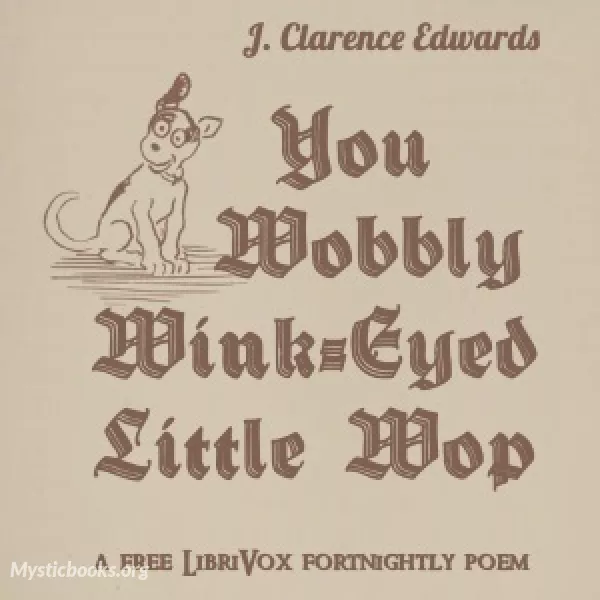
You Wobbly Wink-Eyed Little Wop
'You Wobbly Wink-Eyed Little Wop' Summary
J. Clarence Edwards's poem "You Wobbly Wink-Eyed Little Wop" is a virulently racist poem that targets Italian immigrants. It was published in 1919, during a time of heightened xenophobia and anti-immigrant sentiment in the United States.
The poem is written in a crude and derogatory style. Edwards uses derogatory terms such as "wop," "grease ball," and "dago" to describe Italian immigrants. He also mocks their accent and their inability to speak English fluently.
In the poem, Edwards attacks Italian immigrants for their religion, their culture, and their way of life. He accuses them of being lazy, dirty, and criminal. He also claims that they are a drain on society and that they are taking jobs away from Americans.
The poem's final stanza is a call to action. Edwards urges Americans to "get rid of" Italian immigrants and to "send them back where they came from." He ends the poem by saying that Italian immigrants are "not welcome here."
Essence and Spirit of the Poem
The essence and spirit of Edwards's poem is captured in the following lines:
You wobbly wink-eyed little wop,
You're not welcome here.
Get rid of you, we must and will,
In spite of all your tear.
The poem is a reflection of the widespread racism and xenophobia that existed in American society in the early 1900s. It is also a reminder of the power of language to be used to dehumanize and demonize others.
Conclusion
J. Clarence Edwards's "You Wobbly Wink-Eyed Little Wop" is a complex and controversial poem. It is a poem that challenges us to think critically about the nature of racism and the power of language.
In addition to its historical significance, the poem is also notable for its literary merit. Edwards was a skilled craftsman, and the poem is well-written and technically sound. However, the poem's racist content overshadows its literary merit.
Debate Over the Poem
The poem has been the subject of much debate over the years. Some scholars argue that the poem is a satirical masterpiece that uses racism to expose the hypocrisy of American society. They point to the poem's over-the-top language and its exaggerated stereotypes as evidence of its satirical intent.
Other scholars argue that the poem is simply a reflection of Edwards's own racist beliefs. They point to the fact that Edwards published other racist poems and articles throughout his career. They also argue that the poem's satire is too subtle to be effective, and that the poem simply reinforces racist stereotypes.
Regardless of one's interpretation of the poem, it remains a powerful and disturbing reminder of the depths of human prejudice. It is a poem that should be read and studied, but it is also a poem that should be read with caution.
Book Details
Language
EnglishOriginal Language
EnglishPublished In
1919Genre/Category
Tags/Keywords
Download eBooks
Listen/Download Audiobook
- Select Speed
Related books
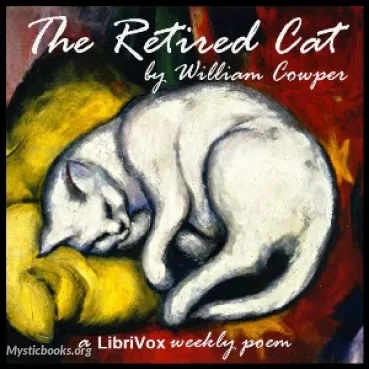
The Retired Cat by William Cowper
In William Cowper's delightful poem, "The Retired Cat," readers are invited into the contemplative world of a retired feline, a creature of leisure an...
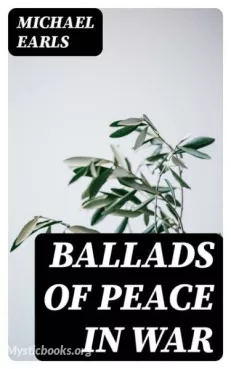
Ballads of Peace in War by Michael Earls
In a world torn apart by war, a young poet finds hope in the power of words. Ballads of Peace in War is a collection of poems by Michael Earls that e...
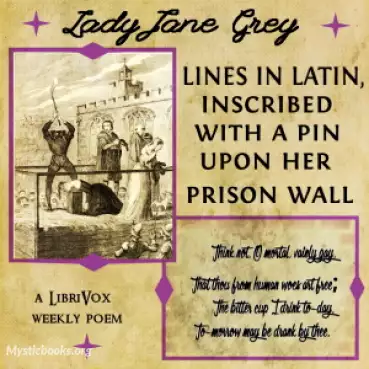
Lines in Latin, inscribed with a pin upon her prison wall. by Lady Jane Grey
Lady Jane Grey, later known as Lady Jane Dudley (after her marriage) and as the "Nine Days' Queen", was an English noblewoman who claimed the throne o...
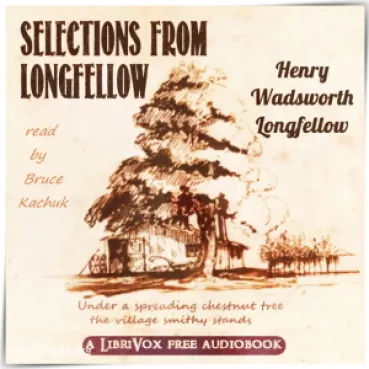
Selections from Longfellow by Henry Wadsworth Longfellow
It showcases Longfellow's remarkable talent for capturing the essence of American life and history through his poetry. His works are characterized by...
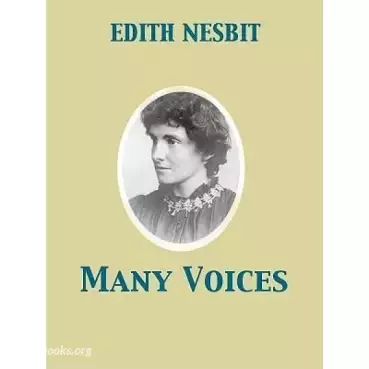
Selection From Many Voices by Edith Nesbit
This book of poems has many elements which would appeal to children but there’s also some exploration of her feelings of love, lust and longing which...
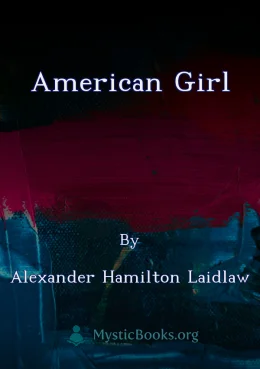
American Girl by Alexander Hamilton Laidlaw
This collection of poetry, compiled by Alexander Hamilton Laidlaw, showcases his diverse literary talent. Written over a significant period of his lif...
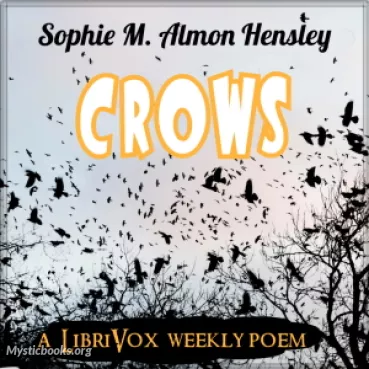
Crows by Sophie M. Almon Hensley
This evocative piece of literature delves into the enigmatic world of crows, captivating readers with its vivid imagery and lyrical prowess. Written...
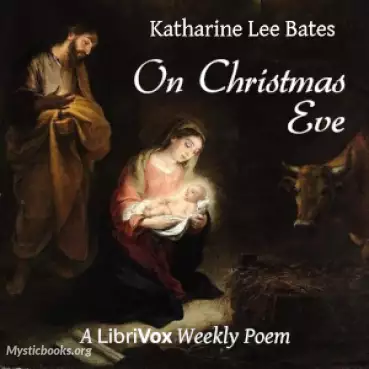
On Christmas Eve by Katharine Lee Bates
Best known as the author of "America the Beautiful", American professor and poet Katharine Lee Bates also wrote many books and articles on social refo...
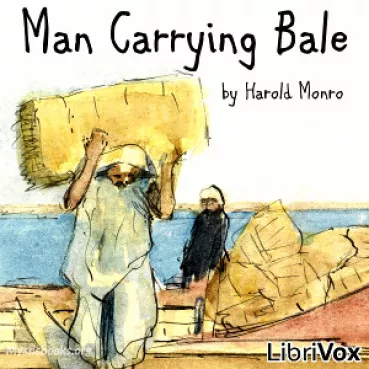
Man Carrying Bale by Harold Monro
Feel the weight of the bale on the porter's shoulders, and the rhythm of his steps, as Harold Monro's poem "Man Carrying Bale" brings to life the simp...
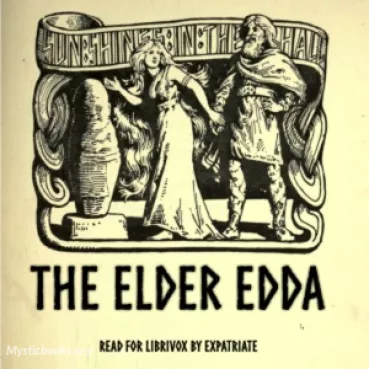
The Elder Edda by Sæmund Sigfusson
Embark on a captivating journey into the realm of Norse mythology and heroic poetry with The Elder Edda, a seminal collection of ancient poems compile...
Reviews for You Wobbly Wink-Eyed Little Wop
No reviews posted or approved, yet...